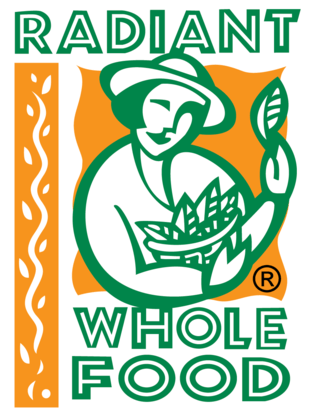Apr 17 , 2020
Allergies to Grains
Fats and proteins in dairy products may cause food allergies. Through the years of consuming too much dairy products, some people develop allergies towards gluten and other wheat related products like oats, corn, noodles, cereals or flour products. How much is too much? Almost any amount, if there is an allergy to whole grains. Most likely the problem begins in infancy.
The mother's milk, which has colostrums (secreted in the first few days after the infant's birth) helps to build a strong immunity and healthy intestinal flora (bacteria) before the baby is ready to digest solid foods. Formula-fed babies have the tendency to develop allergies and are more prone to diseases.
If children are allergic to dairy milk, you can try soy milk, oat milk and rice milk. You can buy those organic ones in tetrapak or make your own using wholesome grains like oats.
Try using brown rice or millet, which are lower in gluten as substitutes. It is recommended to increase the amount of vegetable intake and eat more beans and bean products. Gradually reduce intake of dairy products and sugary foods in the diet until you are able to avoid them completely. Gradually eat small amounts of glutenous whole grains, and it may become possible for you to digest and assimilate whole grains without adverse reactions.
You can try spelt flakes, millet flakes and quinoa flakes which are generally low in gluten and wheat free. It makes delicious breakfast cereal, beverages mixes and making bread.










